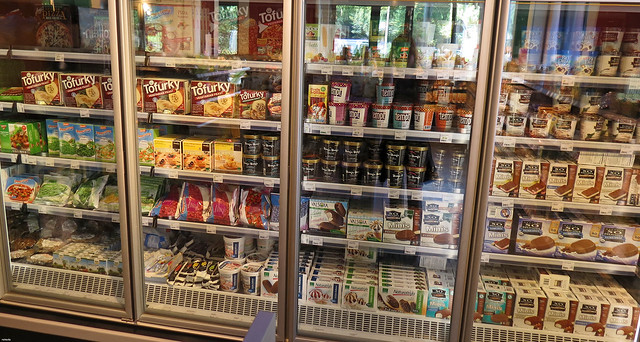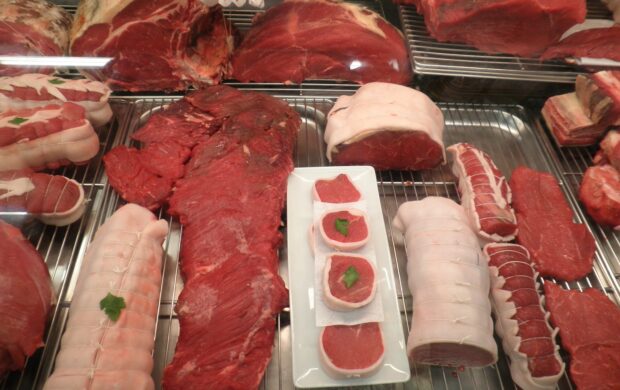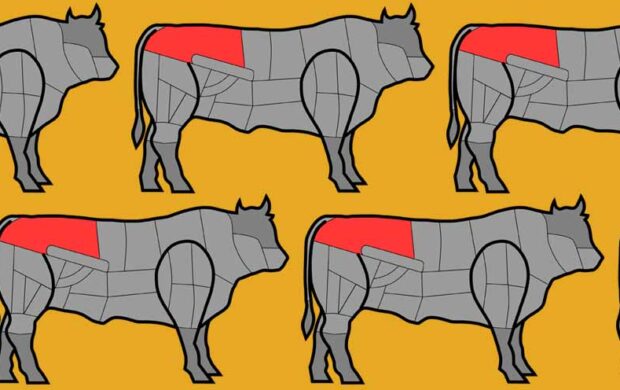According to American consulting firm AT Kearney, cultured meat and meat substitutes are on their way to “disrupt the multibillion-dollar global meat industry”. The study says that the world’s total ‘meat’ consumption will evolve and leave traditional meat products to become insignificant, with a market share as low as 40%, as these new alternatives gain ground over the next twenty years. Qualitative forecasts for 2040, based on economic data, research and expert opinion gathered by the firm, have confirmed the inevitable disruption.

Based on the firm’s analysis, around one-third of the global meat supply will be provided by these new approaches (meat cultivation and substition) within the next 10 years.The firm forecasts that vegan meat replacements will show a strong growth until 2030, while cultured meat (with an annual growth rate of 41 percent) per year will outgrow them between 2025 and 2040, due to technological advancements and consumer preferences.







